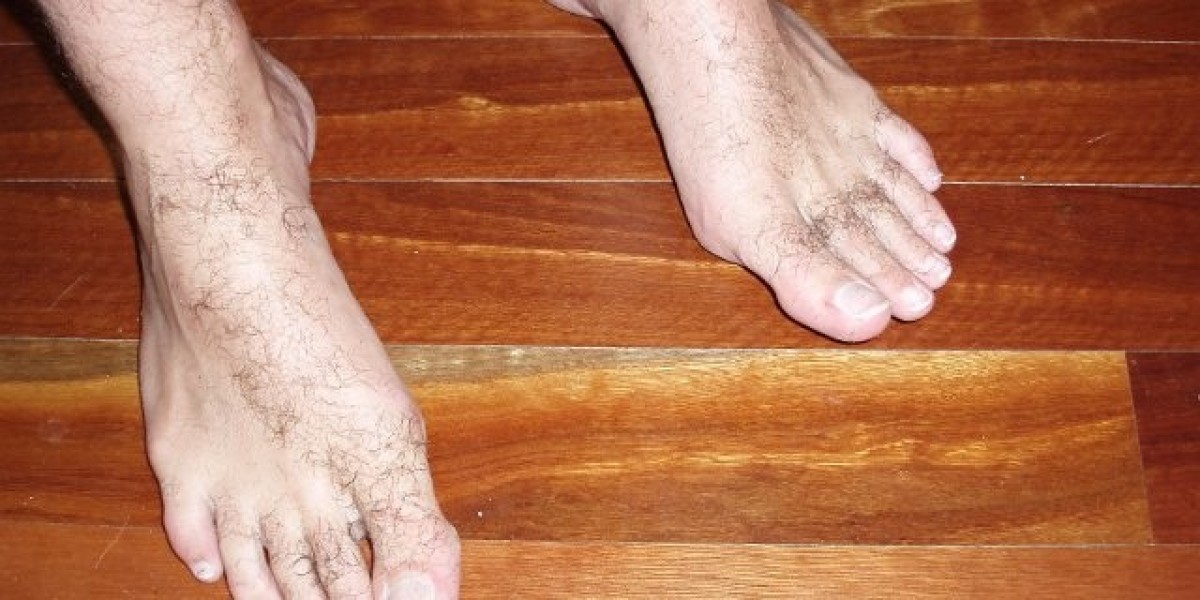DIANABOL Third Degree Pharma Co
**Key Takeaways on Testosterone (Testosterone) – Hormone Overview**
| Category | Details |
|----------|---------|
| **What It Is** | Endogenous steroid hormone; main male sex hormone, also present in females at lower levels. |
| **Primary Functions** | • Drives development of male secondary sexual characteristics (deep voice, facial/body hair, muscle mass).
• Regulates libido, sorucevap.kodmerkezi.net erectile function, and sperm production.
• Influences mood, energy, bone density, and red‑cell production. |
| **Physiological Levels** | *Males:* ~300–1,000 ng/dL (average ~500 ng/dL).
*Females:* ~20–80 ng/dL.
Levels peak in adolescence, decline gradually after age 30, and fall more sharply post‑menopause. |
| **Clinical Significance** | • **Low testosterone (hypogonadism):** fatigue, decreased muscle mass, low libido, depression, osteoporosis risk.
• **High testosterone:** acne, hair loss, aggression, increased red‑cell count; in males may indicate anabolic steroid use or certain tumors.
• Treatment decisions consider symptom severity and comorbidities. |
| **Common Misconceptions** | • "Everyone gets a testosterone boost with age" – decline is gradual, not inevitable.
• "Testosterone therapy always improves mood." – benefits vary; some patients see no improvement or adverse effects.
• "Low testosterone means you’re weak." – strength depends on many factors beyond hormone levels. |
---
## Quick Reference Table: Testosterone Levels & Symptoms
| **Level (ng/dL)** | **Typical Age Range** | **Common Symptoms / Signs** |
|-------------------|-----------------------|-----------------------------|
| > 800 | Young adult men | None, or may cause acne/voice changes |
| 600–800 | Early to mid‑30s | Increased energy, libido, muscle mass |
| 400–600 | Mid‑30s to early 40s | Normal sexual function, good mood |
| 300–400 | Late 40s to 50s | Mild fatigue, decreased libido |
| 200–300 | Early 60s | Noticeable fatigue, mild depression, reduced muscle mass |
| < 200 | Over 65 | Significant fatigue, depression, loss of bone density |
---
## Quick Reference for Common Symptoms
| Symptom | Possible Explanation | Suggested Action |
|---------|----------------------|------------------|
| Fatigue | Low testosterone or anemia | Check blood tests; consider TRT if indicated |
| Loss of libido | Hormonal imbalance, stress, medication | Discuss with doctor; lifestyle changes |
| Mood swings / Depression | Hormonal fluctuations, vitamin deficiencies | Evaluate mental health; supplement vitamins |
| Decreased muscle mass | Aging & low testosterone | Resistance training + protein intake |
| Weight gain (especially belly) | Hormonal changes | Balanced diet, exercise, sleep hygiene |
---
## Bottom‑Line Takeaways
1. **You’re not alone** – many adults feel "off" after 30; it’s a common transition.
2. **Simple habits can help**: good sleep, balanced meals, regular movement, stress management.
3. **When to see a professional**: persistent symptoms that affect daily life or if you suspect hormone issues (fatigue, mood swings, low sex drive).
4. **You have options**: lifestyle tweaks first; medication only if needed and after proper evaluation.
Take the first step by tracking your sleep or adding a short walk to your day. Small changes add up, and you’ll soon notice how it feels to feel more energized and balanced. You’ve got this—every healthy habit is a win toward feeling your best!








